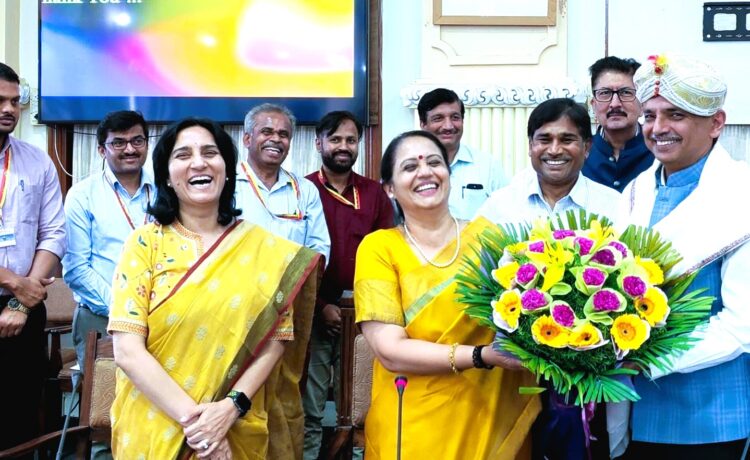Karnataka Sets Up Task Force to Fast-Track Business-Friendly Reforms
Bengaluru, 20th March 2025 – In a landmark move to enhance the state’s business ecosystem, Karnataka convened a high-level meeting on Compliance Reduction and Deregulation, chaired by the Chief Secretary of the Government of Karnataka. The session, attended by senior officials and industry stakeholders, underscored the state’s commitment to creating a business-friendly environment through transformative regulatory reforms.
Streamlining Processes for MSMEs and Beyond
The meeting focused on simplifying regulatory processes to strengthen trust-based governance and improve the ease of doing business, particularly for Micro, Small, and Medium Enterprises (MSMEs). Key areas of discussion included rationalizing procedures for land use changes, building plan approvals, construction permits, labor reforms, and utility permissions. Additionally, the decriminalization of minor procedural offenses was proposed to reduce unnecessary burdens on businesses.
A significant highlight was the deliberation on flexible zoning frameworks to address underutilization of industrial plots. Current restrictions on setbacks, parking spaces, and floor area ratios in urban and rural industrial zones have led to land wastage. The proposed reforms aim to encourage commercial and affordable housing projects along Transit-Oriented Development (TOD) corridors, streamline land use changes, and introduce GIS-based master plans by Urban Development Authorities (UDAs).
Labor Reforms and Reducing the “Inspection Raj”
Karnataka has already made strides in simplifying labor laws, but the meeting explored further rationalization, particularly in enabling women to work night shifts in factories and across all occupations. The state is also evaluating measures to reduce the “Inspection Raj” by introducing perpetual licensing, real-time approvals, and self-certification or third-party certification mechanisms in government-to-business (G2B) and government-to-citizen (G2C) services.
“These reforms are not just about reducing compliance burdens but also about fostering a culture of trust and efficiency,” said a senior official during the discussions.
Industry Feedback and Task Force Formation
The meeting saw active participation from industry associations, which provided valuable feedback on areas for improvement. Senior officials, including Smt. Uma Mahadevan, Additional Chief Secretary-cum-Development Commissioner; Shri Rajender Kumar Kataria, Principal Secretary, Revenue Department; Dr. Selvakumar S, Principal Secretary, Commerce & Industries; Smt. Deepa Cholan, Secretary, Urban Development Department; and Smt. Gunjan Krishna, Commissioner for Industrial Development, contributed to the dialogue.
To ensure swift implementation of the proposed reforms, Karnataka has constituted a State-level Task Force. This initiative aims to create a transparent and efficient regulatory framework, positioning the state as a leading hub for economic growth and development.
A Vision for Economic Growth
The government’s proactive approach reflects its vision to make Karnataka a preferred destination for businesses. By addressing regulatory bottlenecks and fostering collaboration between the government and industry, the state is paving the way for sustainable economic growth.
“These reforms are a testament to Karnataka’s commitment to creating an enabling environment for businesses to thrive,” said a representative from an industry association.
With these transformative measures, Karnataka is set to strengthen its position as a leader in India’s economic landscape, ensuring a brighter future for businesses and citizens alike.
![]()












My relatives all the time say that I am wasting my time
here at web, except I know I am getting knowledge every day
by reading thes good articles or reviews.
Here is my web-site: homepage